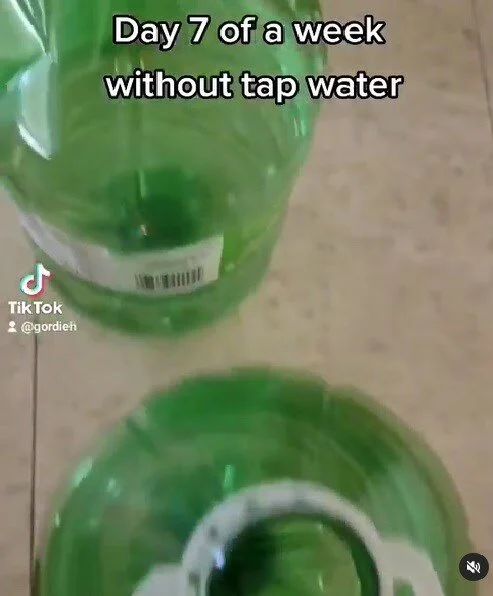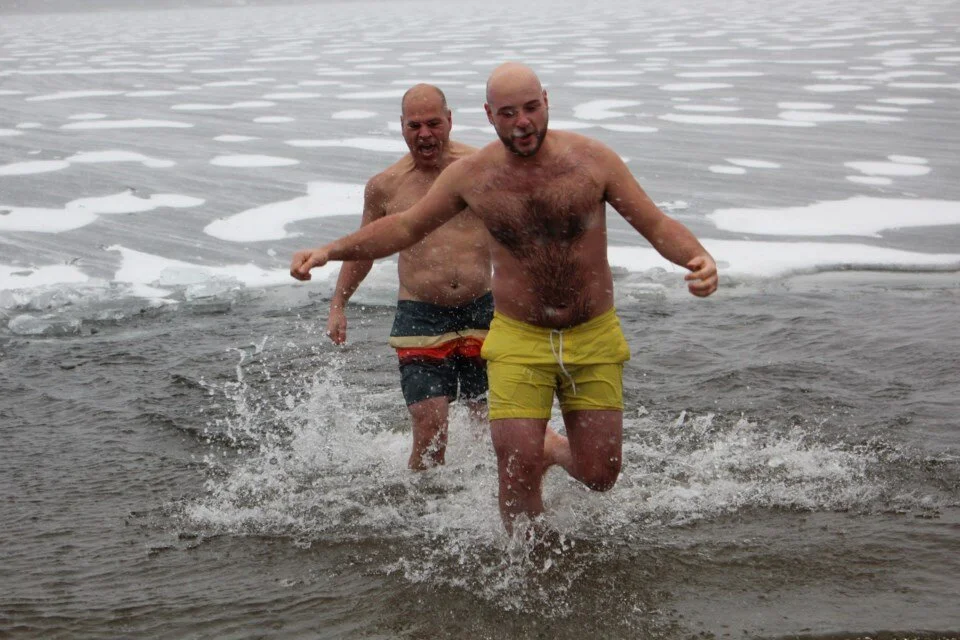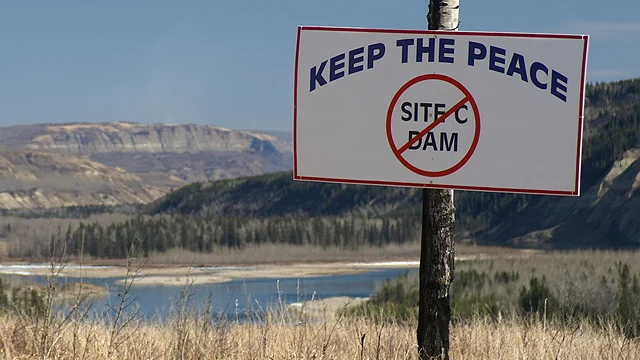While the impact analysis says here will be a net environmental benefit from eliminating single use plastics, including the reduction of 1.8 million megatonnes of greenhouse gases annually, it also says some substitutes will have a higher climate change impact, as well as negative effects on air and water quality. The government says, based on 2019 data, that 15.5 billion plastic grocery bags a year were being sold in Canada, 5.8 billion straws, 4.5 billion pieces of cutlery, three billion stir sticks, 805 million takeout containers and 183 million six-pack rings. The six categories of single use plastics subject to the ban account for an estimated 160,000 tonnes of plastic waste annually, just 5% of the overall amount of 3.3 million tonnes of plastic waste. Of that, 86% ends up in landfills, 4% is burned, a dismal 9% is recycled — so much for all those years of faithful blue box recycling — and about 1%, or 29,000 tonnes, is discharged into the environment as litter, with 2,500 tonnes ending up in oceans, lakes and rivers.
Safe drinking water in Indigenous communities must be a higher priority
On the United Nations' World Water Day Unifor is renewing its call to guarantee safe drinking water for Indigenous communities across the country. "Canadians must hold this government to account," said Unifor National President Jerry Dias. "Safe drinking water is a right." United Nations' World Water Day coincides with the Trudeau government's self-imposed deadline to eliminate water boil advisories and ensure safe drinking water in Indigenous communities. A Parliamentary Budget Officer's report last year cast doubt on whether there was enough funding to get the job done.
Family goes without running water to simulate what it's like to live with unsafe tap water as many Indigenous people do
Gordie Hanna says the last week highlighted to them that we really do take the convenience of tap water for granted. The Cambridge resident tells 570 NEWS that the other takeaway was "that people shouldn't have to do this in Canada ... anywhere." He figures they went through 130 litres of water in seven days. Hanna says "We didn't realize just how much we use, and how much we enjoy the quick and easy convenience," of turning on the tap and getting warm water for things like doing dishes.
Sudburians brave Nepahwin’s freezing water to raise awareness of First Nations water woes
For the past month, Greater Sudbury’s Jordan Cheff has been taking dips in the freezing waters of Lake Nepahwin. November and December might seem like an odd time to visit the beach, but it’s all part of Cheff’s initiative, Cold Water 4 Clean Water, which aims to raise awareness of the issue of FIrst Nations communities in Canada that are living without clean water. The issue has been in the news lately, as the federal government says it will not meet a marquee pledge by Prime Minister Justin Trudeau to lift all boil-water advisories in First Nations communities by March 2021.
Amnesty uses World Water Day to highlight environmental racism in Canada
“Far too often, governments in Canada have demonstrated that they place little value on the health and well-being of Indigenous peoples and the revitalization of their cultures and traditions,” Tara Scurr, business and human rights campaigner with Amnesty International Canada, said in a statement Thursday.






